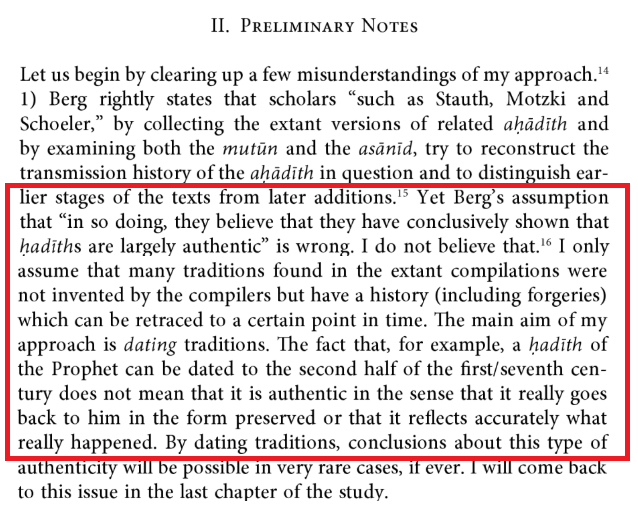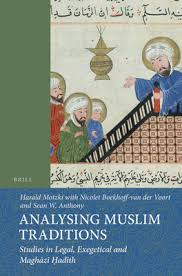This inscription contains an interesting phrase, written سلم أنتم|slm ʾntm. This phrase may be read: silm ʾantum, "You are at peace!" – if so it’s an extremely important attestation to a phrase appearing in treaties attributed to the prophet Muḥammad and his era. Examples...
https://twitter.com/AB_M_ALBALAWI/status/1304445528751644673
-Ibn Saʿd's 𝑇̣𝑎𝑏𝑎𝑞𝑎̄𝑡, 1: 238:
The Messenger of God writes to al-Hilāl, ruler of Baḥrayn: silm anta fa-innī ʾaḥmadu ilayka allāh …
-ibid., 1: 240
He writes to Yuḥannah b. Ruʾbah and the chiefs of Aylah:
silm anta fa-innī ʾaḥmadu ilayka allāh …

The Messenger of God writes to al-Hilāl, ruler of Baḥrayn: silm anta fa-innī ʾaḥmadu ilayka allāh …
-ibid., 1: 240
He writes to Yuḥannah b. Ruʾbah and the chiefs of Aylah:
silm anta fa-innī ʾaḥmadu ilayka allāh …


-ibid., 1: 243-44:
He writes to al-Ḥārith, Masrūḥ, and Nuʿaym ibn ʿAbd Kulāl of Ḥimyar: silm antum mā ʾāmantum bi’llāh wa-rasūlihi …
-Balādhurī, 𝐹𝑢𝑡𝑢̄ℎ̣ 𝑎𝑙-𝑏𝑢𝑙𝑑𝑎̄𝑛, 60
He writes in the letter to the Jews of Maqnā: silm ʾantum fa-ʾinnahu ʾunzila ʿalayya …

He writes to al-Ḥārith, Masrūḥ, and Nuʿaym ibn ʿAbd Kulāl of Ḥimyar: silm antum mā ʾāmantum bi’llāh wa-rasūlihi …
-Balādhurī, 𝐹𝑢𝑡𝑢̄ℎ̣ 𝑎𝑙-𝑏𝑢𝑙𝑑𝑎̄𝑛, 60
He writes in the letter to the Jews of Maqnā: silm ʾantum fa-ʾinnahu ʾunzila ʿalayya …


Ibn Zanjawayh, 𝐴𝑚𝑤𝑎̄𝑙, 118, 143
He writes to the Magians, the spāhbads, of the inhabitants of Hajar in Baḥrayn: silm ʾantum …
google.com/books/edition/…
He writes to the Magians, the spāhbads, of the inhabitants of Hajar in Baḥrayn: silm ʾantum …
google.com/books/edition/…

Credit for first noticing this potential connection goes to @aktash111 . Great insight!
https://twitter.com/aktash111/status/1304750584994689029
• • •
Missing some Tweet in this thread? You can try to
force a refresh















